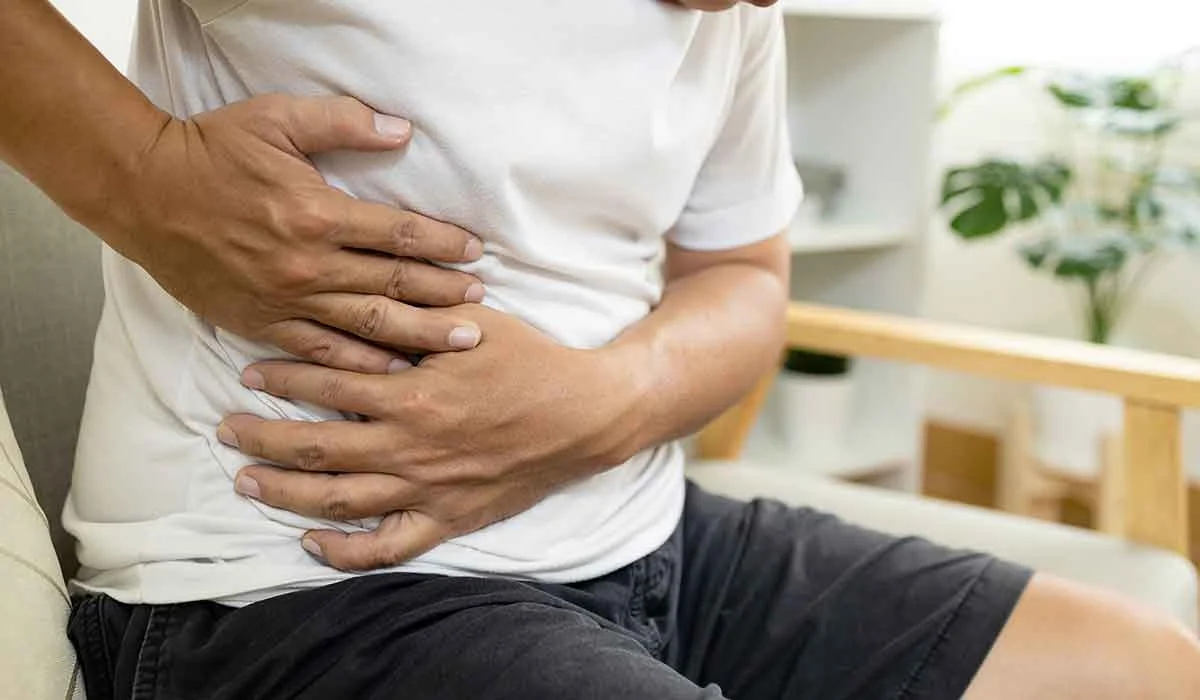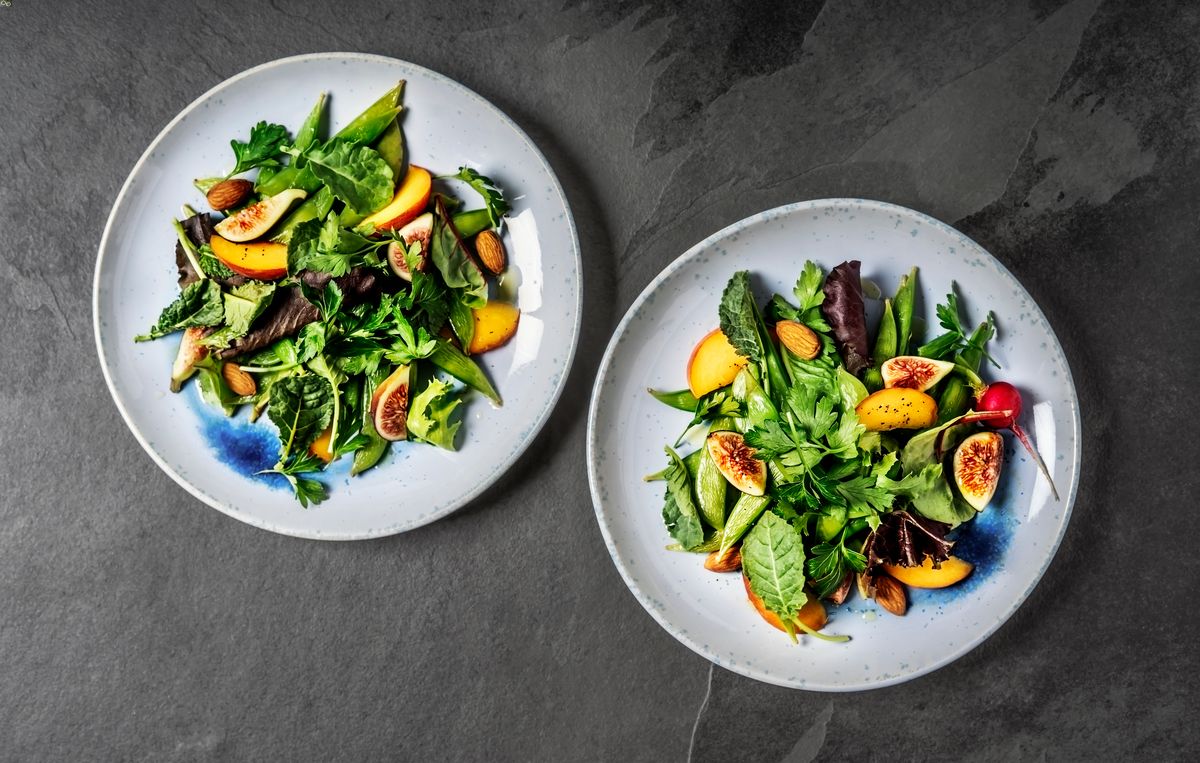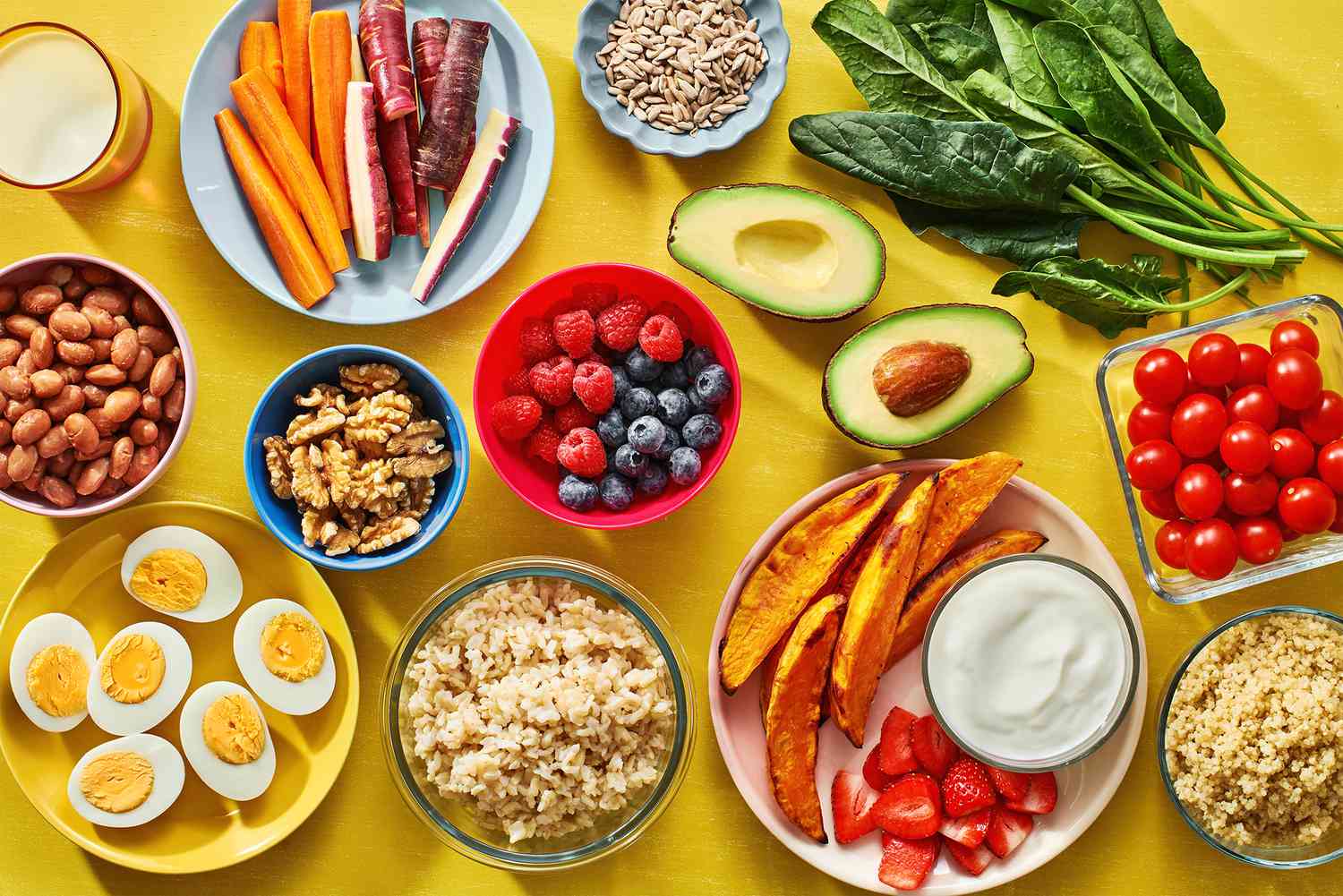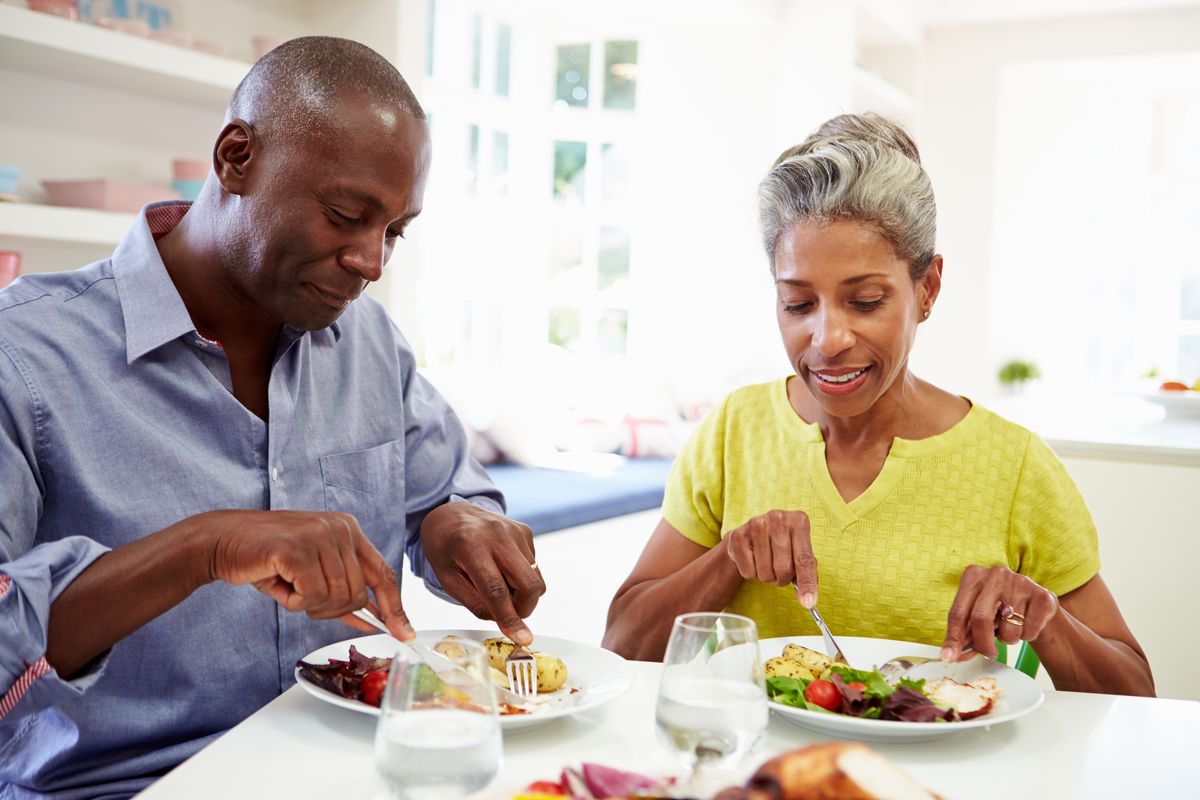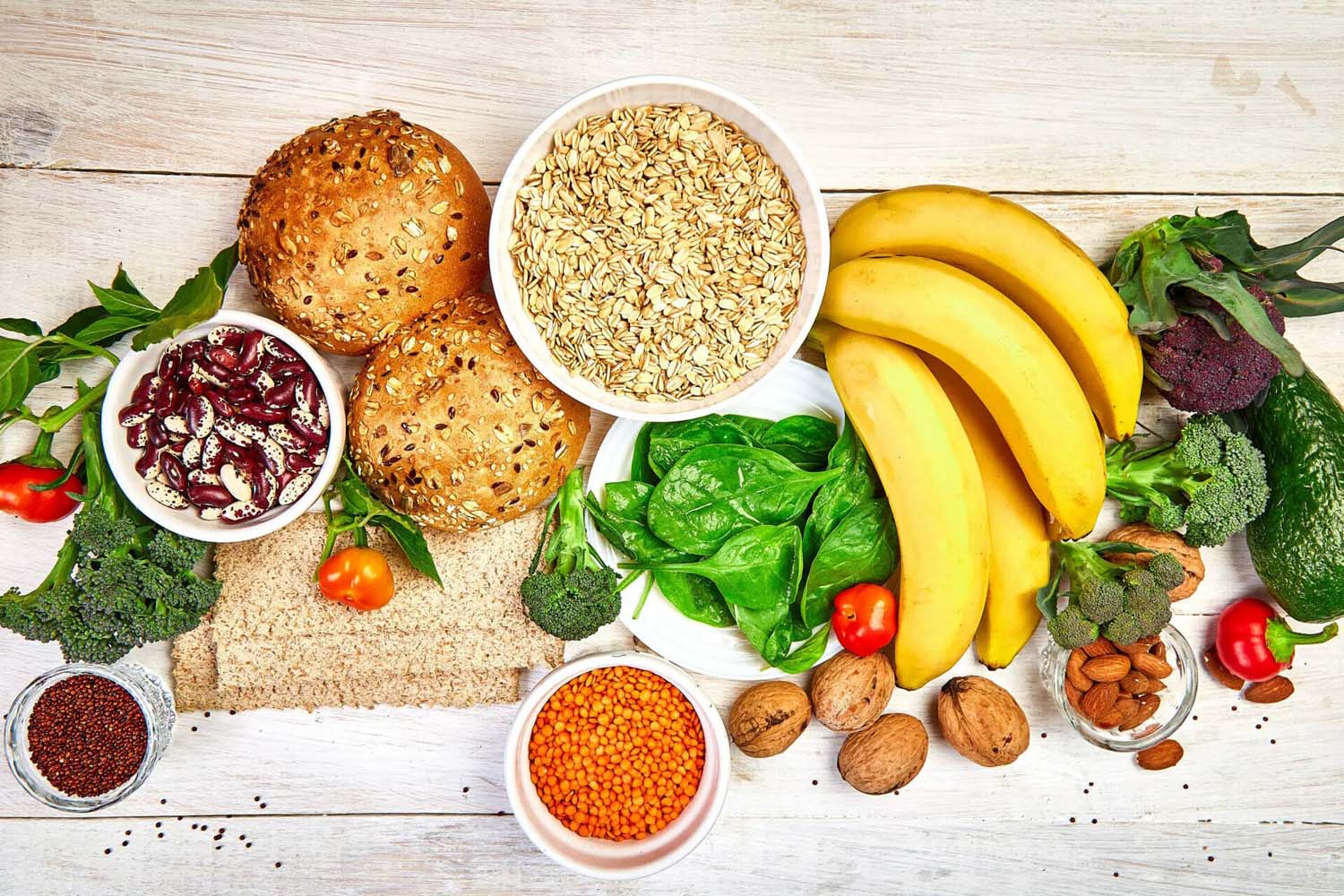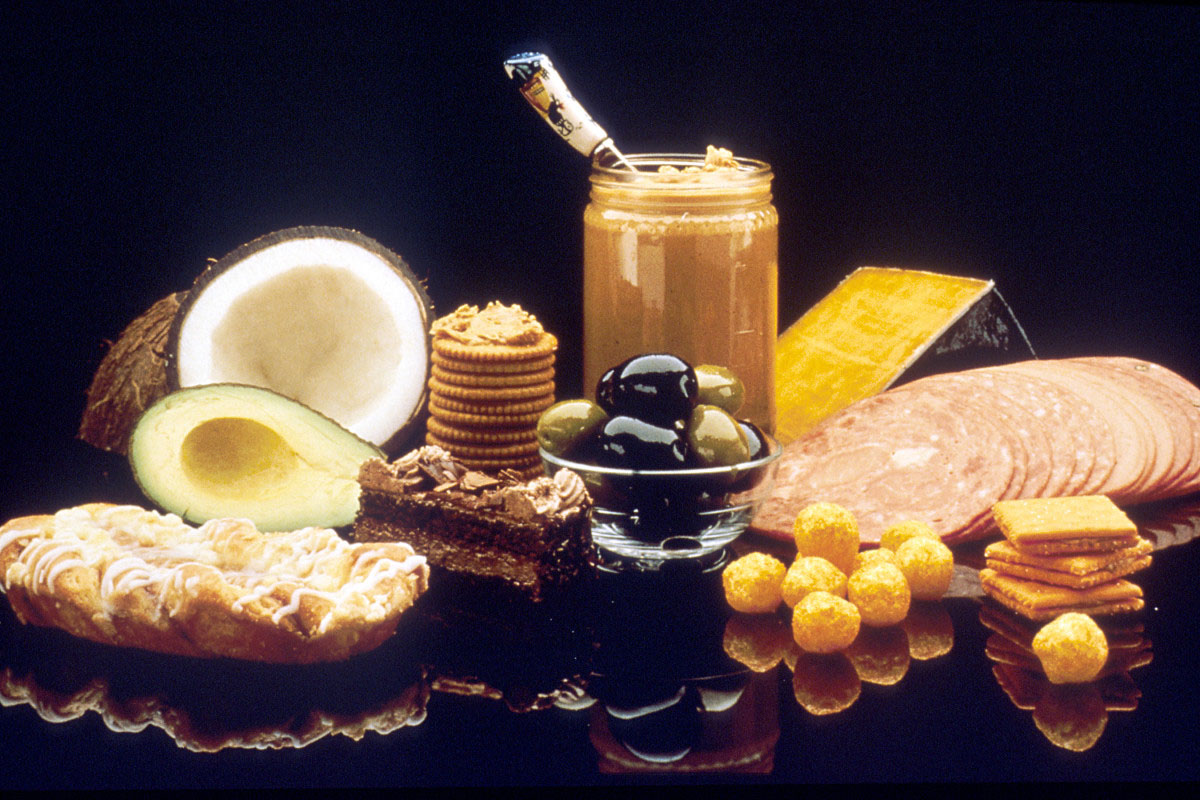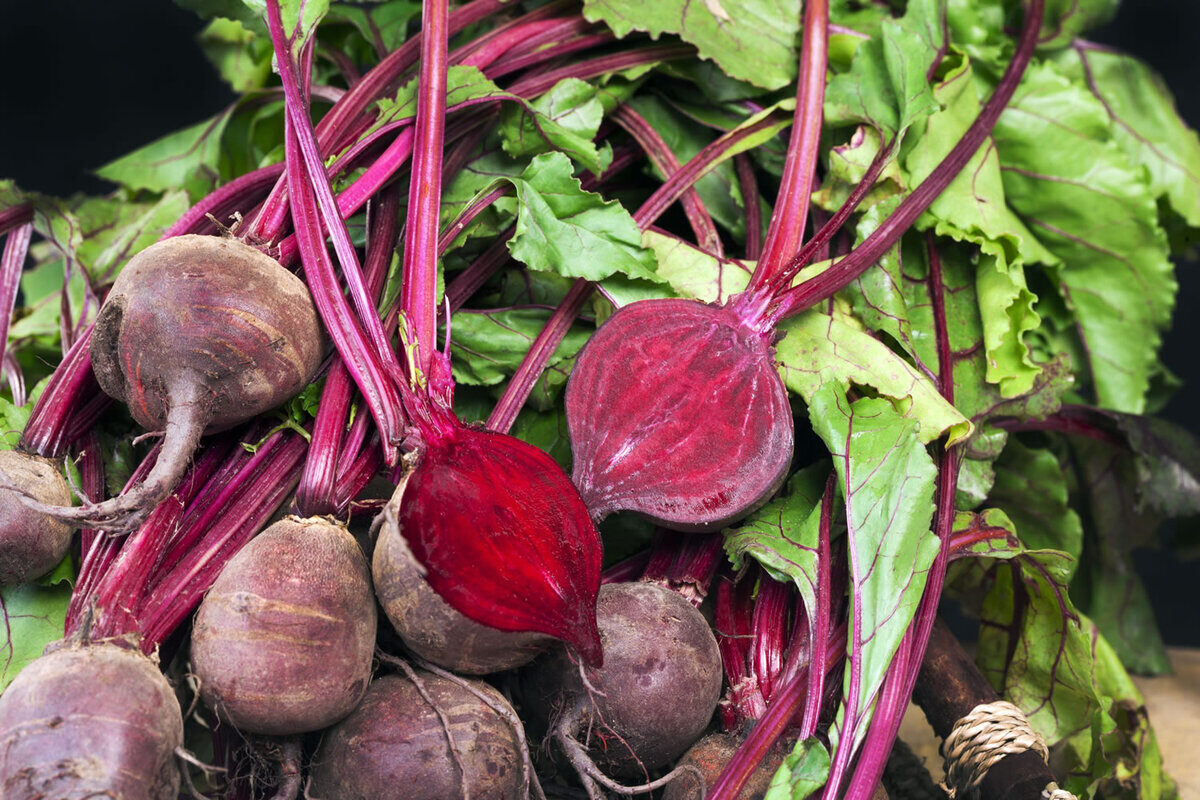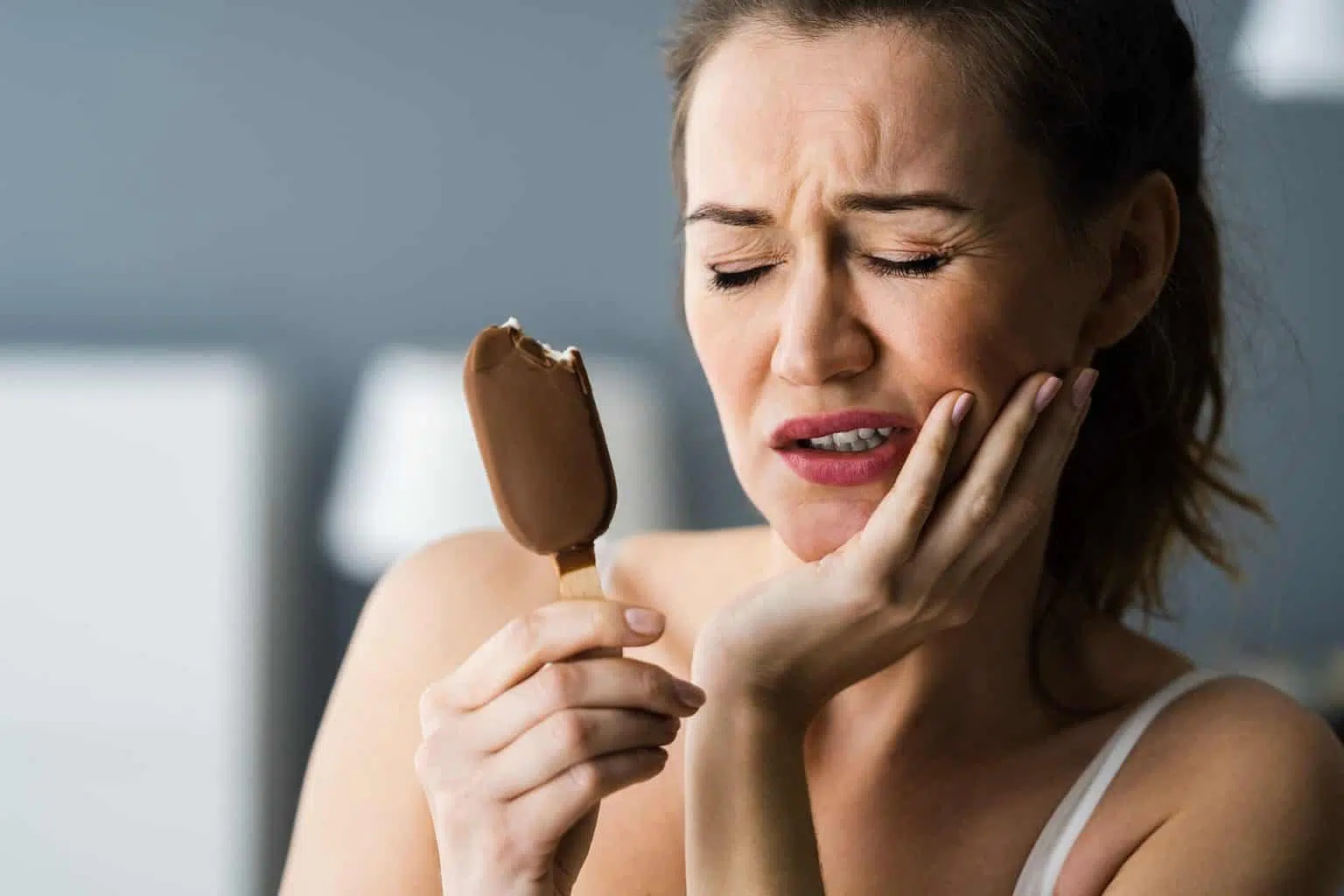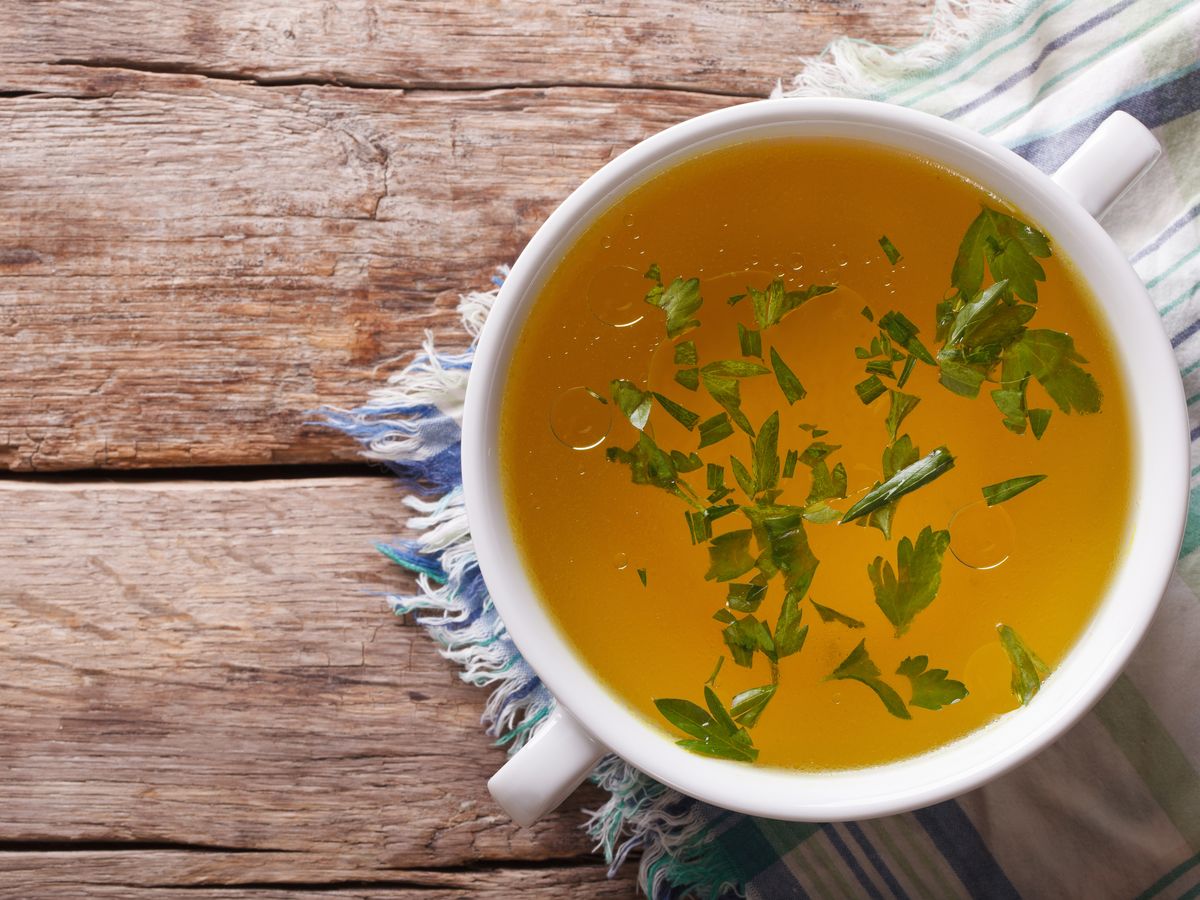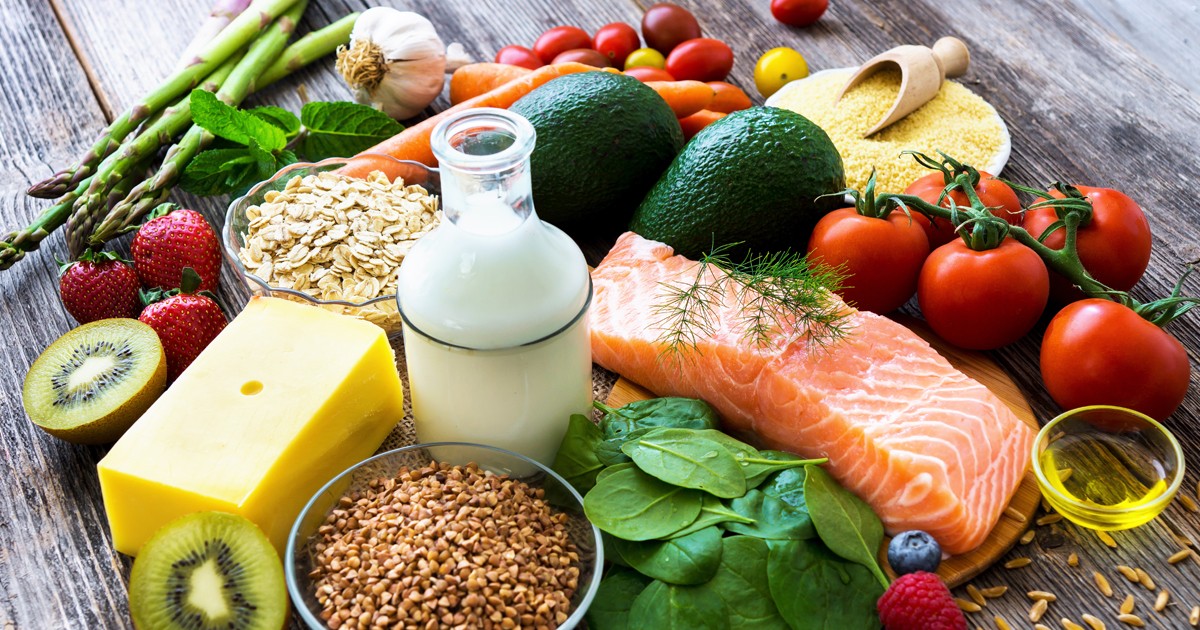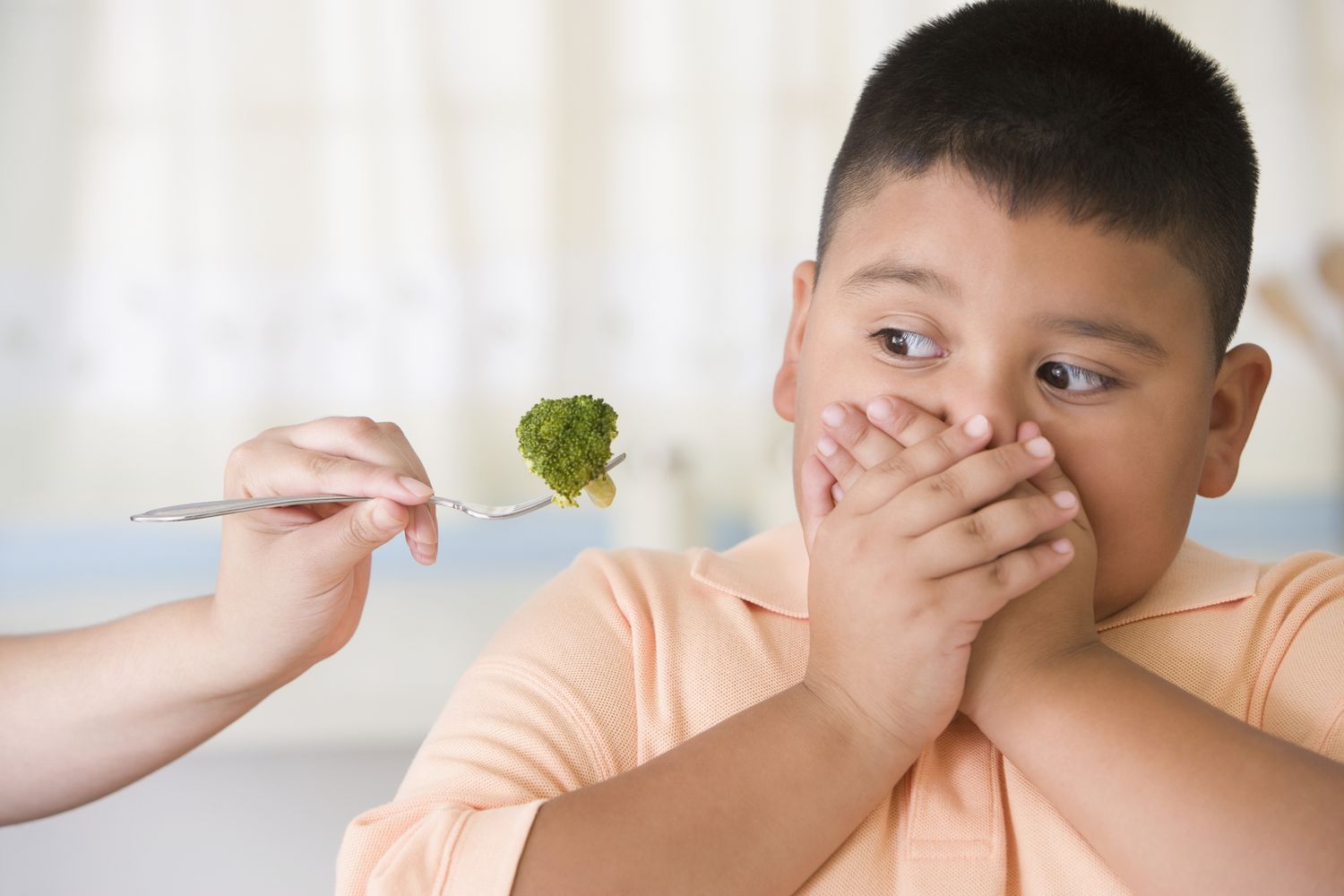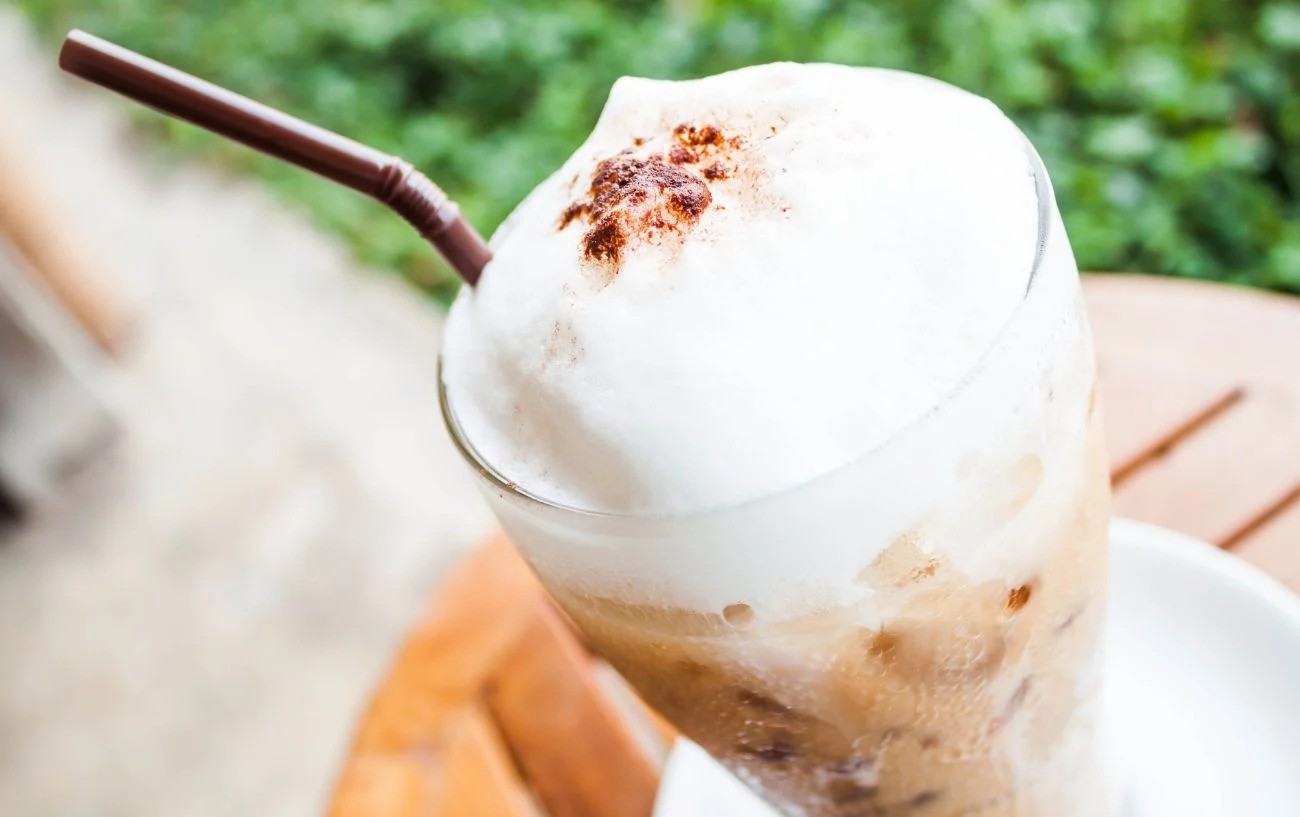How to Eat Well with a Bad Gallbladder
If you have been diagnosed with a bad gallbladder, you may be wondering how to adjust your diet to manage your symptoms and maintain good nutrition. While it’s important to consult with a healthcare professional for personalized advice, there are some general guidelines that can help you navigate mealtime with a bad gallbladder.
Focus on a Low-Fat Diet
One of the key dietary recommendations for individuals with a bad gallbladder is to follow a low-fat diet. This means reducing your intake of high-fat foods that can trigger gallbladder symptoms such as pain, bloating, and indigestion. Instead, opt for lean proteins, fruits, vegetables, and whole grains.
Choose Healthy Fats
While it’s important to limit overall fat intake, not all fats are created equal. Focus on incorporating healthy fats such as those found in avocados, nuts, seeds, and fatty fish like salmon. These fats are beneficial for overall health and can be easier for your body to process compared to saturated and trans fats.
Stay Hydrated
Drinking an adequate amount of water is essential for everyone, but it’s especially important for individuals with a bad gallbladder. Staying hydrated can help support digestion and prevent constipation, which can exacerbate gallbladder symptoms. Aim to drink at least 8-10 glasses of water per day.
Eat Small, Frequent Meals
Instead of consuming large meals, consider eating smaller, more frequent meals throughout the day. This can help reduce the workload on your digestive system and minimize the likelihood of triggering gallbladder symptoms. Additionally, spacing out your meals can help stabilize blood sugar levels and prevent overeating.
Limit Trigger Foods
Certain foods are known to be common triggers for gallbladder issues. These may include fried foods, spicy foods, dairy products, and high-fat desserts. Pay attention to how your body reacts to different foods and consider keeping a food diary to identify potential triggers that you can then avoid.
Consider Dietary Supplements
In some cases, individuals with a bad gallbladder may benefit from taking dietary supplements to support their overall health. This could include digestive enzymes to aid in the breakdown of fats, as well as vitamin and mineral supplements to address any potential deficiencies that may arise from dietary restrictions.
Seek Professional Guidance
It’s important to remember that dietary recommendations for managing a bad gallbladder can vary from person to person. Consulting with a registered dietitian or nutritionist who has experience working with individuals with gallbladder issues can provide you with personalized guidance and meal planning strategies tailored to your specific needs.
While adjusting to a new way of eating due to a bad gallbladder can feel overwhelming at first, with time and the right support, you can find a way of eating that works for you and supports your overall health and well-being.
